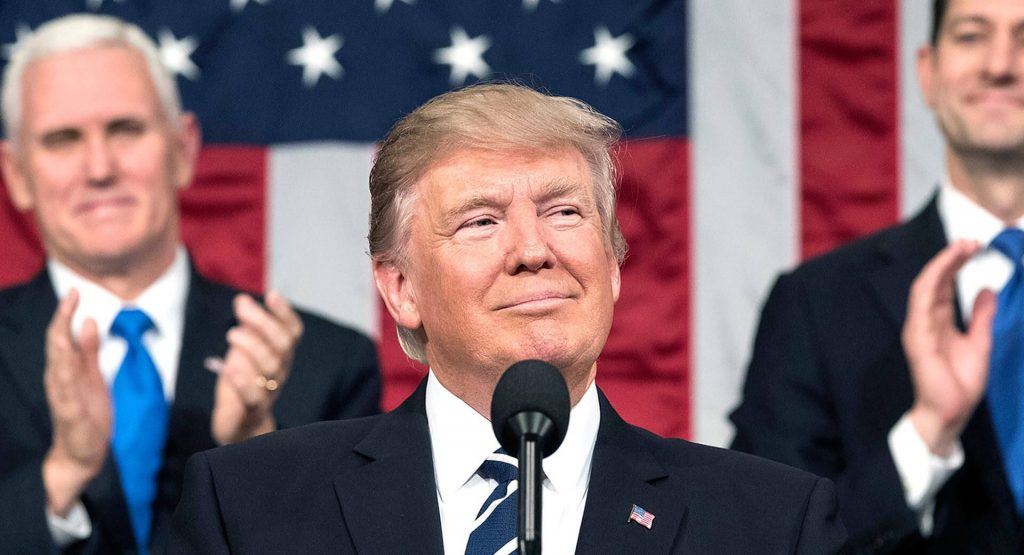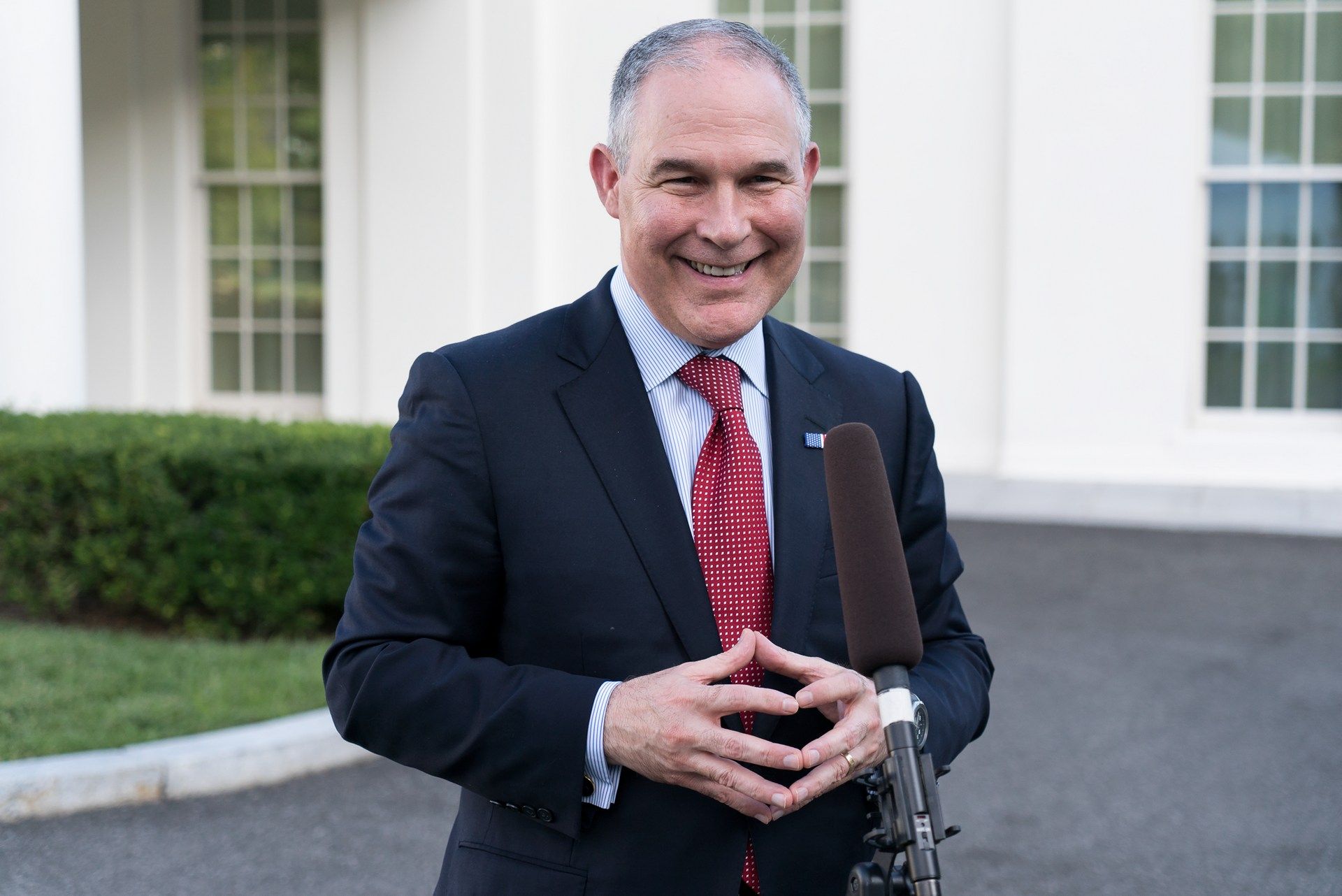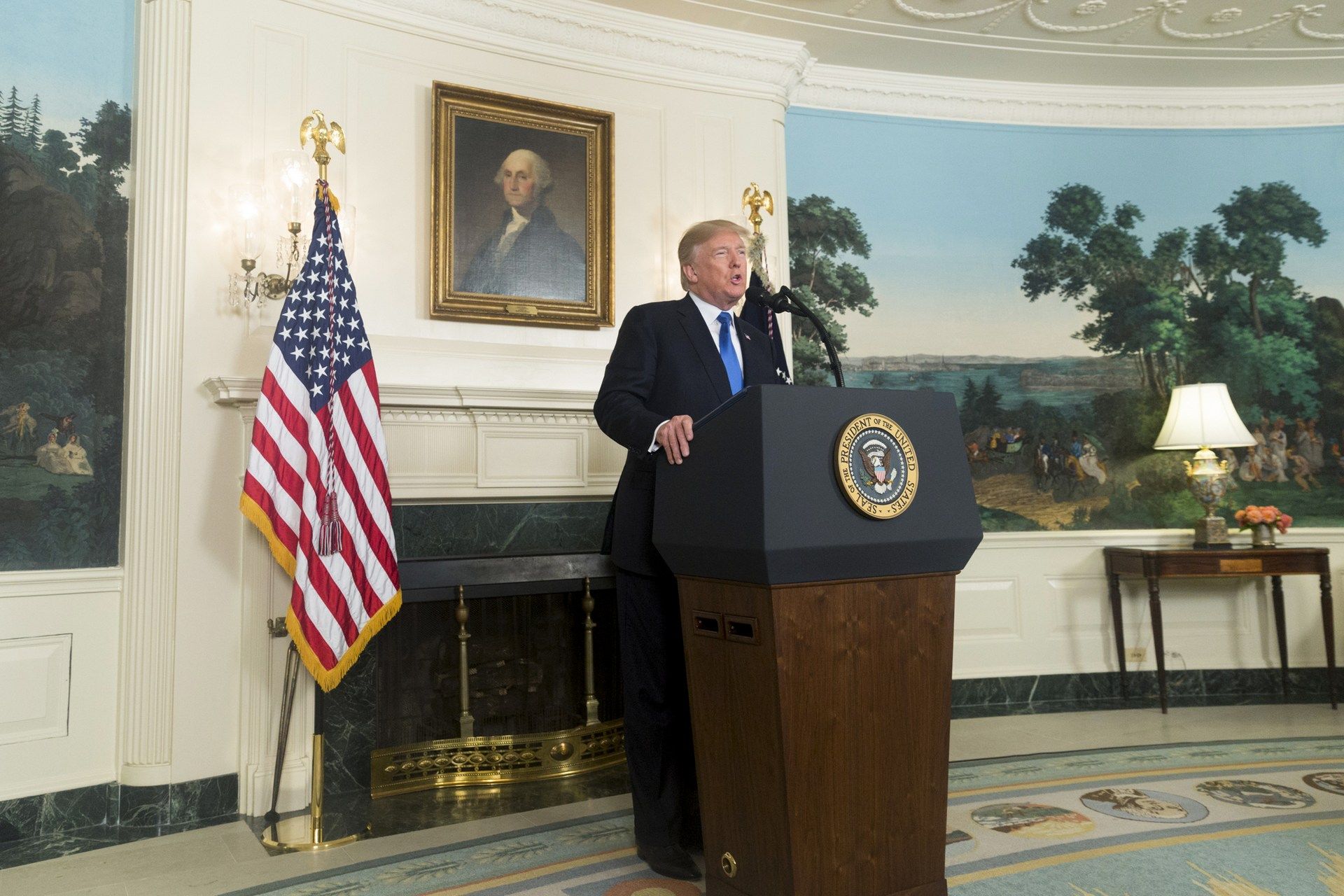17 different states recently filed a lawsuit against the Environmental Protection Agency over its decision to lower proposed fuel economy standards. Now they’re getting support from a surprising source – several major automakers.
While 18 different automakers urged the Trump administration to lower the proposed fuel economy standards last year, Reuters reports many of the same companies are now using the Alliance of Automobile Manufacturers (AAM) lobbying group to ask the government to reach a settlement with California and the other states that are suing the EPA. As part of this effort, the chief executive of the AAM will tell members of the House of Representatives that “We support standards that increase year over year that also are consistent with marketplace realities.”
President Trump is slated to meet with the CEOs of Ford, Fiat Chrysler Automobiles and General Motors on Friday as well as U.S. executives of automakers such as Daimler, Toyota and Volkswagen. The meeting will focus on new fuel economy standards and it is believed that many of the executives will ask for standards to be relaxed but not completely frozen.
The fuel economy fight kicked off in April when the EPA determined proposed standards for passenger vehicles for the 2022-2025 model years were “not appropriate and should be revised.” If the proposed rule would have gone into effect, the average fuel economy rating for new vehicles would have been around 50 mpg by 2025.
At the time, EPA Administrator Scott Pruitt said “Obama’s EPA cut the midterm evaluation process short with politically charged expediency, made assumptions about the standards that didn’t comport with reality and set the standards too high.” He also stated, it was in “America’s best interest to have a national standard” instead of a patchwork of rules for individual states.
17 different states fought back claiming “today’s clean car standards are achievable, science-based and a boon for hardworking American families.” A new proposal hasn’t been submitted by the Trump administration but a draft proposal suggested they could be eyeing a freeze on fuel economy requirements from 2020 until 2026.






